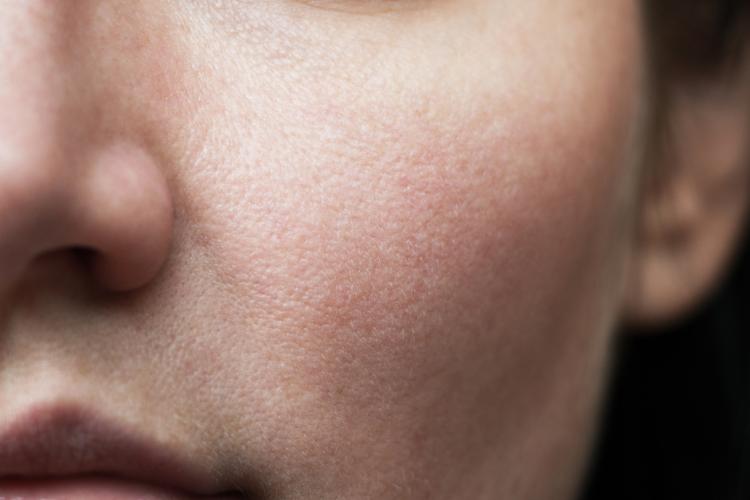A BIOMAP study showed that the type - and amount - of food you eat influences the bacteria that live on your skin, as do smoking, education and even time spent outside

BIOMAP, an IMI project working to understand the underlying mechanisms of the skin diseases atopic dermatitis and psoriasis, have published results showing a link between diet and skin bacteria. The authors wrote that, while the forces shaping the skin microbiota seem to be largely stable (for instance, the skin microenvironment and an individual’s physiology), they may also be influenced by environmental and lifestyle factors such as nutrition, albeit to a small extent only. They hope that their findings will factor into future clinical research in this area.
Human skin is teeming with bacteria, an essential element for skin health but also linked to disease when imbalanced. The factors that influence the kinds of bacteria that make up the skin microbiota are still not fully understood in contrast with the gut microbiome about which so much more is known.
The BIOMAP researchers set out to investigate any potential links between a person’s physical traits, their lifestyle, and their environment with skin bacteria. To do so, they recruited 647 German people - split into two groups - gathered 1,794 skin samples and profiled their skin bacteria by DNA sequencing. They were able to confirm established links between the skin microbiota and skin microenvironment, age, body mass index and sex. More intriguingly, the authors wrote, dietary macronutrients and total dietary energy were associated with several specific bacterium types, as were smoking, alcohol consumption, skin pH, skin type, trans-epidermal water loss, education and certain environmental conditions and lifestyle factors, such as hours spent outdoors.
This expands our current understanding of what influences skin bacterial community and its makeup. The authors hypothesise that the skin microenvironment, coupled with host physiology, shapes skin bacteria to a greater extent than with a single skin physiological feature, lifestyle and environmental exposure. In other words, no single environmental or behavioural aspect appears to have a major impact. Future clinical research involving skin microbiota, they say, should acknowledge these associations.
Atopic dermatitis and psoriasis affect more than 300 million people worldwide and are highly variable in terms of onset, severity, progression and response to treatment. BIOMAP is examining the causes and mechanisms of both diseases to in the hope that we will one day be able to offer personalised treatments to those affected.
The project team have published a number of scientific papers that can be found here
Read more
